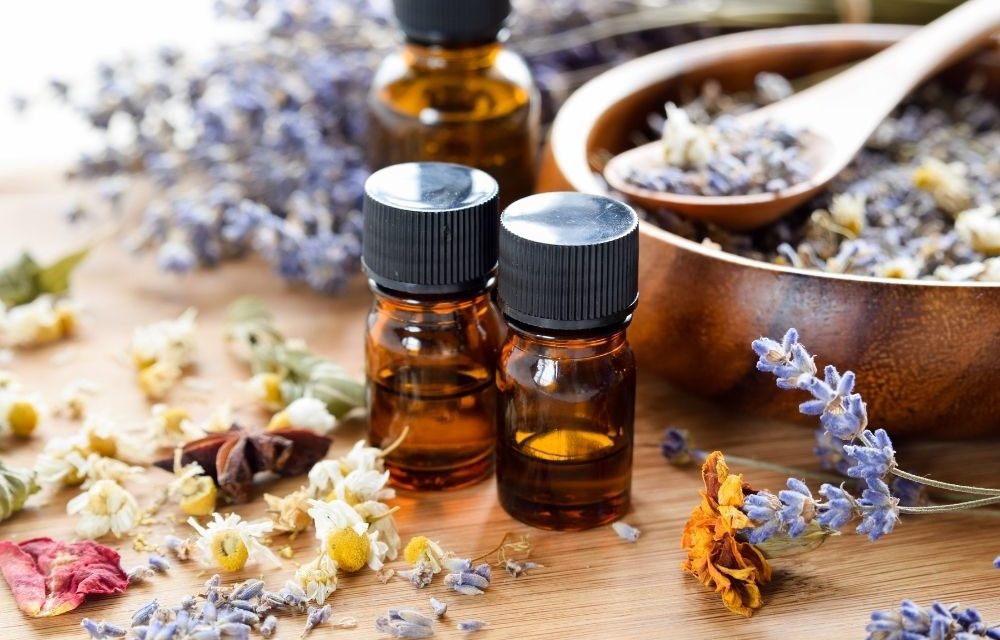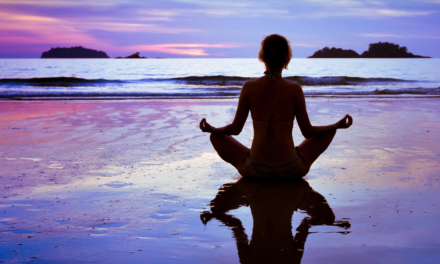
Aromatherapy: A Drop of Nature to Cure Anxiety

It is said that in difficult circumstances, when challenges push us far, stress takes a heavy toll on our well-being. We fall mysteriously ill without being able to put a finger on what’s wrong. Suddenly, a strange conspiracy between the mind and the body erodes our ability to live normally, focus and be productive.
Research reveals that environments impact our bodies. What we see, hear or experience at any moment is changing not only our mood, but how our nervous, endocrine, and immune system are working. An unpleasant environment can cause anxiety and sadness, which in turn elevate blood pressure, heart rate, and muscle tension.
- We got that. Harsh times are not for the faint of hearts. Surprisingly, it seems that the only cure is found in “The Peace of the Wild Things.”
Stress. Illness. Cure. Wild.
Do these keywords even make sense in one same context?
Yes, they do.
When we go back to our roots, believe in the infinite treasures of Mother Earth, and mimic the wisdom of our ancestors, we can find a cure to every ailment, and on top of them: anxiety.
This is what aromatherapists swear by, and their essence-based philosophy is expanding so much that they consider themselves alchemists who blend essential oils to cure Our Age of Anxiety.
What is Aromatherapy?
Aromatherapy is a century-old practice that uses essential oils for therapeutic benefit. When inhaled, the scent molecules travel from the olfactory nerves to the emotional center of the brain. When put on the skin, they cause a response in the skin and other parts of the body.
Essential oils are extracted from flowers, herbs, and tree parts, like bark, roots, peels, and petals. The cells that give a plant its fragrant smell are its “essence.” When an essence is extracted from a plant, it becomes an essential oil.
It takes a lot of plant to produce essential oils. Lemon, rose, eucalyptus, chamomile, lavender, cedar wood, and bergamot are used very frequently in aromatherapy.
How Does Aromatherapy Work?
Experts think aromatherapy activates smell receptors in the nose sending messages through the nervous system to the brain. Oils work on certain areas of the brain, like the limbic system, which plays a role in the emotions. They have an impact on the hypothalamus, which may respond by creating feel-good brain chemicals like serotonin, known as the happiness hormone.
When is Aromatherapy Used as a Remedy?
While health care providers do not recommend the use of aromatherapy instead of the regular medical treatment, however, they confirm what research showed already: in some conditions, aromatherapy has huge health benefits, such as:
- Easing stress, anxiety, and depression
- Boosting feelings of relaxation
- Improving sleep
- Helping improve the quality of life for people with chronic health problems like dementia
- Easing certain types of pain, like kidney stones pain and osteoarthritis of the knee
- Fighting bacteria when put on the skin
- Easing some of the side effects of cancer treatment like nausea and pain
Nowadays, people are looking for ways to cope with stress and anxiety and reduce their side effects. According to The Mayo Clinic, long-term stress can lead to anxiety, irritability, anger, headaches, sleeping problems, digestive issues and chest pain. Among the traditional remedies for combating stress, such as exercising, counseling and eating a healthy diet, many individuals are using other holistic approaches like aromatherapy.



















